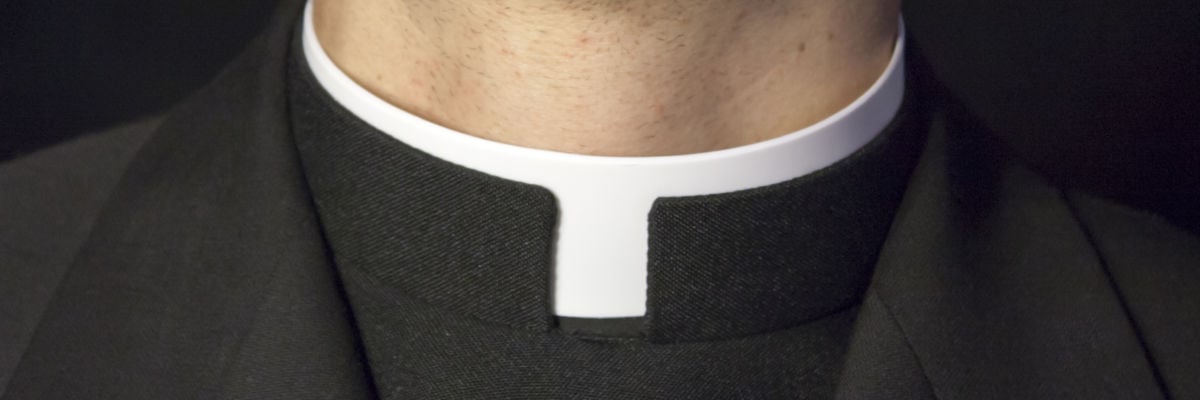
Question:
Answer:
In a sense we are all priests. But this title is not what bestows the power to forgive sins. God sent Jesus to forgive sins, and Jesus conferred the power to forgive sins on the apostles when he said, “‘As the Father has sent me, even so I send you.’ And when he had said this, he breathed on them, and said to them, ‘Receive the Holy Spirit. If you forgive the sins of any, they are forgiven; if you retain the sins of any, they are retained’” (John 20:21-23). This power to forgive sins has been passed on to the apostles’ successors and to priests ordained to the ministerial priesthood through the sacrament of holy orders.
Catholics recognize the difference between the priesthood of the faithful and the ministerial priesthood:
Priesthood: (1) Of the faithful: The priestly people of God. Christ has made of his Church a “kingdom of priests,” and gives the faithful a share in his priesthood through the sacraments of baptism and confirmation. (2) Ministerial: The ministerial priesthood received in the sacrament of holy orders differs in essence from this common priesthood of all the faithful. It has as its purpose to serve the priesthood of all the faithful by building up and guiding the Church in the name of Christ, who is head of the Body. (Cardinal Levada’s glossary)



